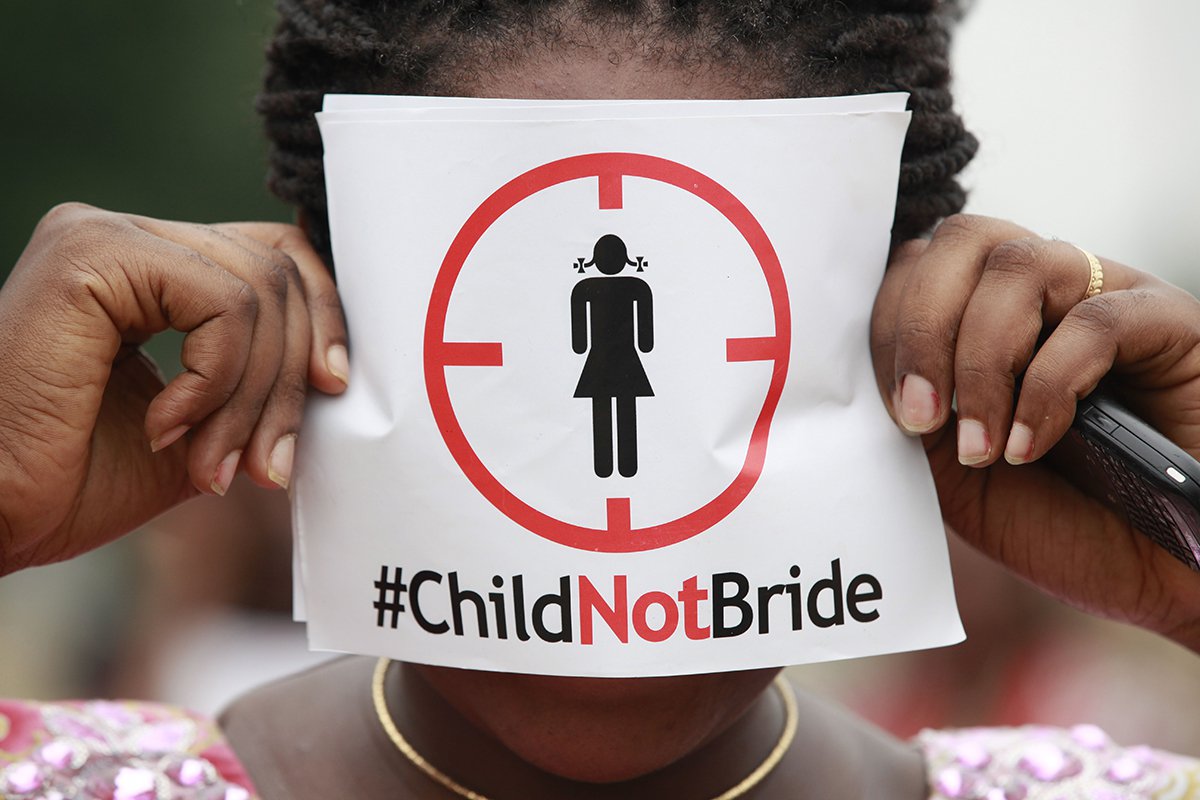OVER 200 child marriages were recorded in South Africa in 2021, Statistics South Africa has revealed. Seble Worku, Stats SA’s director of Education and Child Statistics said 207 under age children were married off and 188 of them were brides while 19 were grooms.
She furthers revealed that 37 of the marriages were registered as civil marriages while 19 were customary.
She shared the information during the visit of the African Union’s special rapporteur, Takam Kembo in Pretoria on Monday. Kembo is currently in the country to monitor and evaluate progress on how South Africa is performing in its campaign to end child marriages.
Kembe’s visit comes before the country launches its women’s month programme in Khayelitsha today. This year’s theme is: “Accelerating socio-economic opportunities for women’s empowerment”.
It is also part of a series of visits that the AU Commission is expected to conclude around the region, ahead of the upcoming 4th African Girls Summit in November this year. The special rapporteur will also visit Kenya, Ethiopia, South Sudan, Madagascar, Tunisia, Liberia, the Democratic Republic of Congo, Seychelles, and Namibia.
While Dr Worku showed an improvement in children living in low-income households at 2.6 million with 4.0 million in high income households, she revealed that pensions and grants were still the highest source of income for children in rural areas.
She also revealed that the number of children who lived with only their mothers continued to rise in the country while the number of orphaned children declined to 11.5 percent in 2021 from 14.3 percent in 2002. Explaining the AU’s mission, Kembo of Cameroon said that the focus is to understand how South Africa is working on protecting its children.
“It focuses on examining the child protection system, its effec[1]tiveness, and how it addresses vari[1]ous forms of violence such as child marriage, female genital mutilation, and online exploitation and abuse.” Kembo noted variations in terms of geographical patterns, prov[1]inces with high and low prevalence indicating a need for alignment of strategic interventions to the local context.
The special rapporteur is expected to produce a detailed progress report with observations and recommendations for the country within six months. On Wednesday the delegation will engage human rights institutions, civil society organisations and conclude with a session with children. — TimesLIVE






